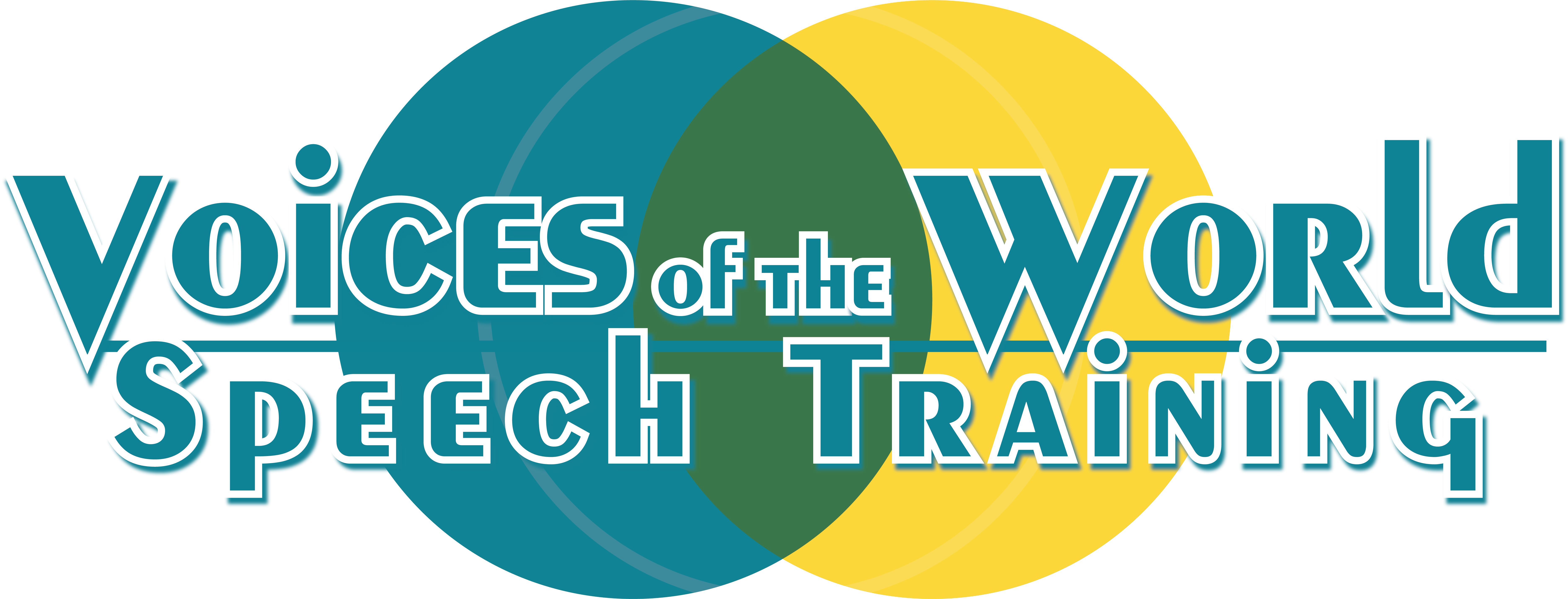
27 Apr Stressed About Sentence Stress?
Placement of stress in a sentence is critical when trying to get people to understand your meaning and to arrive at that understanding quickly and easily. Against gut intuition, the main emphasis or stress in the sentence does NOT go on the most important word.
A sentence is sometimes pretty simple and consists of just one “thought group” or phrase: “He sat in the chair.” Sometimes a sentence consists of more than one thought group or phrase: “After he sat in the chair, he started working.” Each phrase (or thought group) has one word which receives the most emphasis.
How do you know which word gets the most stress? Pretty simple: stress the last content word of the phrase. But wait, what is a “content word”??
Content words are typically nouns (e.g. “table,” “Jane,” “book”), adjectives (e.g. “big,” “strong”), adverbs (e.g. “quickly,” “slowly”), and main verbs (e.g. “go,” “run,” “say”). Negative auxiliary (or “helping”) verbs such as “can’t” and “won’t” also fit into this category. For the most part, if the word brings up a specific visual image, it is typically a content word.
Function words are all of the grammatical pieces that hold a sentence together. Auxiliary verbs (e.g. “can,” “should”), articles (e.g. “a, “the”), prepositions (e.g. “of, “from”), conjunctions (e.g. “and,” “but”), and pronouns (e.g. “he,” “her,” “them”) fit into this category. If it is a pretty general word that doesn’t have a specific visual representation associated with it, it’s probably a function word.
Now look at this sentence: “I gave it to her.” What is the last content word? The correct answer is “gave.” Stress the word “gave” unless you have a reason to shift the stress to a different word.
Think about this scenario: After you say “I gave it to her” (emphasis on “gave”), your friend says, “You gave it to him?” In response, you can repeat your original sentence, but shift the stress to the word “her” to correct the misunderstanding: “I gave it to HER.”
To review, in phrases and sentences, you will stress the last content word of the sentence unless there is a clear reason to do otherwise. A good reason to stress a word other than the last content word of the phrase/sentence would be to correct a misunderstanding.
Start practicing sentence stress while reading. Look for the last content word of a sentence and practice putting the emphasis on that word.
To understand this topic even better, make sure to read our upcoming post on set phrases and descriptive phrases!
Thanks for reading! Subscribe to the blog to make sure you get all of our new content.
About the author: Jane Rupp is a speech pathologist and owner of Voices of the World Speech Therapy, a business in Austin, Texas that specializes in accent reduction training.
